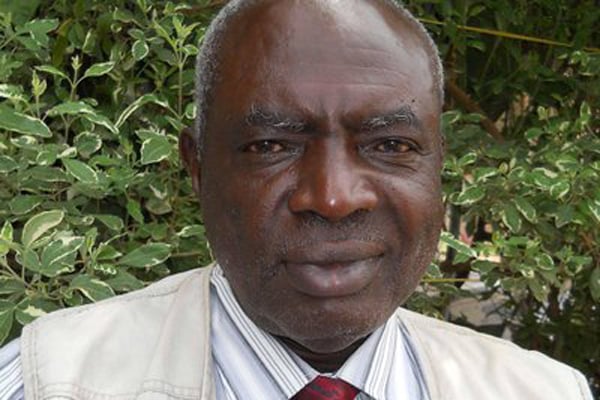Ggoobi wrong on farming

Michael J Ssali
What you need to know:
- "Agriculture remains a key pillar for Uganda”
There was a video doing the rounds in the past few weeks on social media in which Permanent Secretary in the Finance ministry, Ramathan Ggoobi, appeared and said that agriculture does not transform a country.
He went on to say that agriculture is mainly for producing food which he said has “low income elasticity of demand.”
It takes a lot of audacity to take up a pen and begin criticising what a highly educated man of Ggoobi’s stature has said, especially when it is to do with economics.
This article is not therefore addressed to Mr Ramathan Ggoobi but rather it is meant to provide some encouragement to the farmers in their various activities of income generation as coffee farmers, cotton growers, livestock keepers and food producers.
His statement could have left many of them rather humiliated and wondering why the government has been putting so much emphasis on farming and saying that agriculture is the backbone of Uganda’s economy.
Coffee exports alone in 2021 earned Uganda $718.57m, yet coffee is an agricultural product. Ugandan farmers who produced 6.7 million bags of coffee in 2021 are urged to produce more because, as Tracy Buchanayandi, former Agriculture minister wrote in the foreword to the Uganda National Coffee Strategy 2040; coffee plays a leading role in the livelihood of Ugandans and contributes substantially to the national economy.
Vincent Ssempijja, another former minister of Agriculture, has described agriculture as one of the key pillars for economic growth and poverty reduction in his foreword to the National Fertiliser Policy.
If Uganda pays as much attention to cotton as countries such as India, Kenya, South Africa, and many others have, we could substantially transform our textile industry.
Farming is also not just about food production because it involves flowers and tree farming. Trees are important for furniture and housing construction which are features of economic transformation.
The World Bank recognises agriculture’s contribution to economic transformation which is why it advised African leaders in the Malabo Declaration conference to allocate at least 10 percent of their annual budgets to agriculture. The Maputo Declaration of 2003 had carried precisely the same message.
Mr Michael Ssali is a veteran journalist,
[email protected]




